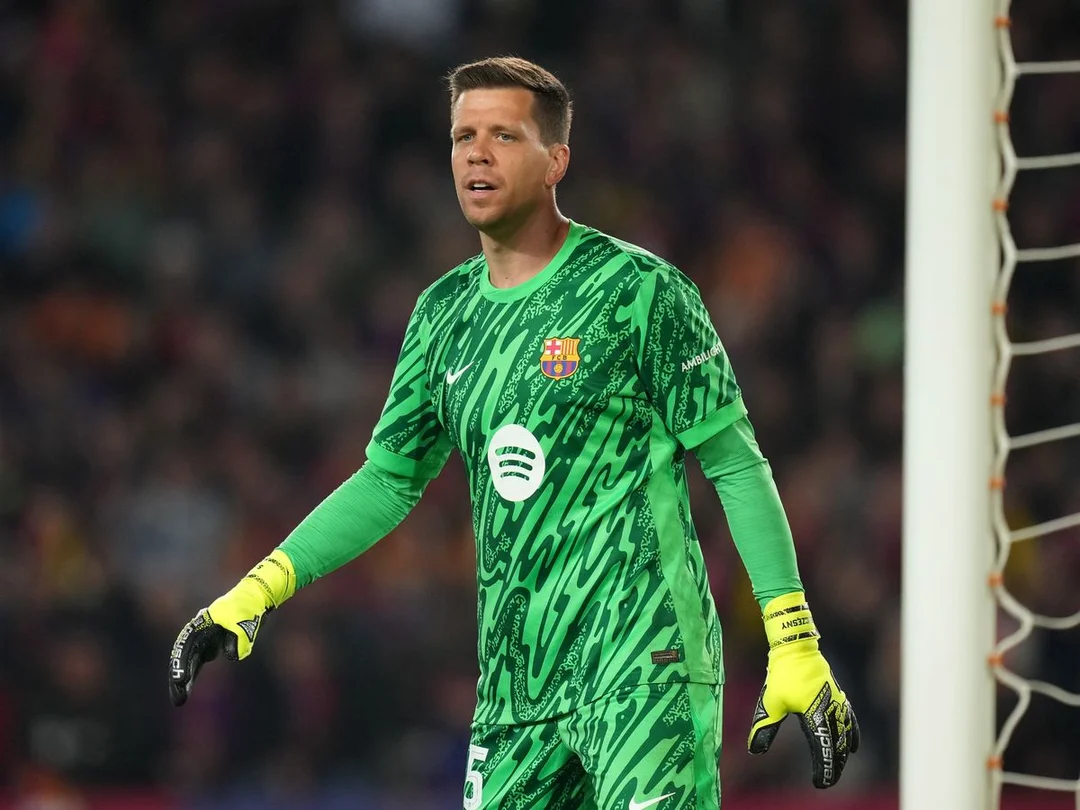
What Does Wojciech Szczesny’s Struggle with Smoking Teach Us About Celebrity Role Models?
In a candid revelation, former Arsenal and Juventus goalkeeper Wojciech Szczesny has admitted to losing his battle against smoking, raising important questions about the influence of athletes as role models. The 35-year-old goalkeeper, now with Barcelona, opened up about his habit, urging young fans not to emulate his actions.
Szczesny, who made his return to professional football with Barcelona in October after an unexpected retirement, has quickly become a fan favourite. His performances have been impressive, suffering only one loss in 25 games, prompting supporters to affectionately chant "Szczesny fumador" during matches. However, beneath the adulation lies a serious warning—the admission of his struggles with addiction.

In an interview with ESPN, Szczesny stated, "There are some parts of the game where I believe I can be a perfect example for young people or for my teammates. But mentioning the subject of smoking, please do not follow me and don't do it. I've lost the fight." His honesty provides a rare glimpse into the personal battles faced by professional athletes, echoing the need for greater transparency in sports.
Throughout his career, Szczesny has been open about his smoking habit, even when it brought him trouble. He infamously faced disciplinary action from former Arsenal coach Arsène Wenger in 2015 after being caught smoking in the dressing room following a loss to Southampton. This incident illustrates the complex relationship between athletes and their vices, particularly in a sport that often promotes an image of health and vitality.
The goalkeeper added that, despite his repeated warnings against smoking, he has come to terms with this part of his life. He acknowledged, "When I was very young, I created a habit that is very negative for me, and I know it is. I just lose against it. So for anybody watching: Don't do what I did." His words serve as a sobering reminder of the challenges individuals face, regardless of their public status.

With Szczesny setting an example through his honesty, the question arises: how should society view celebrity role models? While their accomplishments can inspire, their personal struggles may offer equally valuable lessons on the consequences of poor choices. The more openly these athletes share their stories, the better equipped young fans will be to navigate their own challenges.
As Szczesny continues to help lead Barcelona in their pursuit of titles, his ability to balance performance with vulnerability may shape a more thoughtful dialogue around athlete conduct and personal wellbeing.
In conclusion, Wojciech Szczesny’s journey highlights the dual nature of role models, reminding us that they, too, are human and susceptible to the same pitfalls as anyone else. How do we reconcile their triumphs with their tribulations? Share your thoughts below.